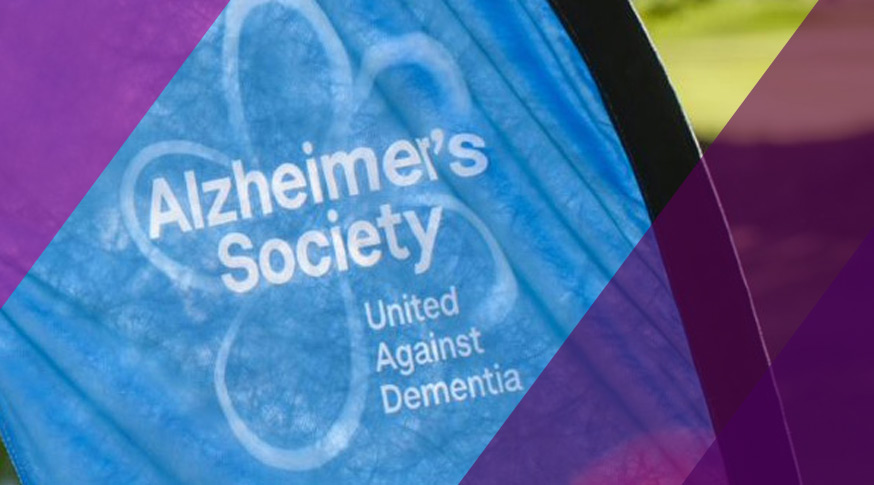Dementia expert Simon Wheeler shares advice on spotting the early signs and how you can support someone living with the condition…
What is young-onset dementia? Dementia is a group of symptoms caused by different diseases that damage the brain. These symptoms get worse over time and can include memory, problem-solving, language and behaviour. One in three people born in the UK today will go onto develop dementia in their lifetime.
When a person develops dementia before the age of 65, this is known as ‘young-onset dementia’. Over 70,800 people in the UK are living with young-onset dementia.
What signs should you look out for? Simon Wheeler notes, ‘Younger people with dementia often have early symptoms that aren’t related to memory. Instead, they may have problems with behaviour, language, vision or personality. Some people may also have problems with movement, walking, co-ordination or balance. Symptoms in younger people are sometimes put down to other factors like stress, depression, difficulties with relationships or work, or the menopause.’
Alzheimer’s Society encourage anyone worried about dementia symptoms in themselves or a loved one to speak to their GP. You can also use the Alzheimer’s Society dementia symptoms checklist at alzheimers.org.uk/checklist
If you have noticed the signs of dementia in someone, here is advice on discussing it with them, Simon Wheeler says, ‘This [conversation] will differ from person to person. Some people may be aware that something is wrong, whereas others may not be. The way the person responds will depend very much on their personality, so it is useful to think about what you know about the person to try to find a suitable way to broach the conversation.
‘It often helps to mention signs that you have noticed and talk about speaking to the GP to investigate things, rather than talking specifically about dementia. There are many conditions which can cause similar symptoms to dementia, including vitamin deficiencies, thyroid problems, urinary tract infections, and even things like stress, anxiety and lack of sleep. Mentioning those things could be more helpful than talking only about dementia, which may cause unnecessary distress.’
What can you do if someone has dementia but is in denial and refuses to get help? ‘If a person is experiencing denial or lack of insight into their dementia diagnosis and symptoms, then this can make putting care in place quite challenging.’ Says Simon, adding, ‘Once again, it is helpful to think about what you know about the person and what might motivate them to accept different types of help. It can also be useful to think about past times that the person has been persuaded, and adapt that same approach to accepting help.’
Alzheimer’s Society also note that there may also be ways to provide help without needing to mention the person’s condition at all. For example, there may be technology in the home that could make things easier for the person such as electronic medication boxes, adapted telephones or remote controls, or even just putting signs on kitchen drawers if the person is having trouble remembering where things are.
‘It can also be helpful to suggest trial periods for support. For example, ordering online shopping a couple of times to see if the person finds this easier than going to the shops, or having a carer come in for a quick visit once a week and then building up from there.’ Simon Wheeler suggests.
In the UK today, a third of people with dementia do not have a formal diagnosis, meaning thousands are facing the devastating realities of dementia without access to the vital care and support that a diagnosis can bring. ‘At Alzheimer’s Society, we know that getting a dementia diagnosis can be daunting, but we believe it is better to know.’ Simon adds, continuing, ‘Nine out of 10 people with dementia told us they benefitted from receiving a diagnosis, allowing them to access the dedicated support they desperately needed, plan for the future and avoid ending up in crisis.’
For more information and advice, call Alzheimer’s Society’s Dementia Support Line on 0333 150 3456 or visit alzheimers.org.uk













